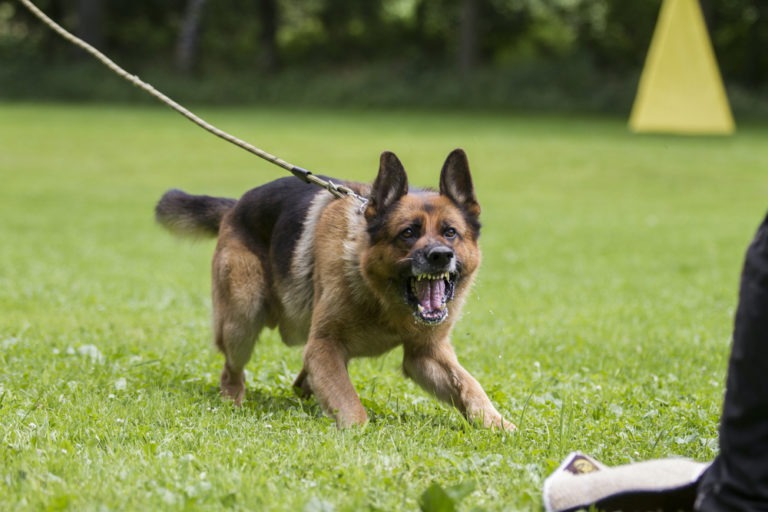
Yes, premises liability covers animal attacks when they happen on someone else’s property. If the property owner’s negligence allowed the animal attack to happen, they might be legally and financially responsible for your injuries.
You can file a personal injury lawsuit against the property owner to pursue compensation for your:
- Past and future medical bills
- Lost wages
- Pain and suffering
Nevada Property Owners Must Keep Visitors to Their Property Safe Under the Law
Premises liability refers to the property owner’s responsibility to maintain their property to be reasonably safe. When an owner fails to do so, they can be held accountable for any injuries caused by their negligence.
Types of Premises Liability Cases We Handle
Premises liability can apply to various situations where a property owner’s negligence led to a defective condition, and the defective condition led to an injury.
Some forms of premises liability cases we see in our practice are as follows.
- Slip and fall accidents
- Ice and snow accidents
- Swimming pool accidents
- Escalator and elevator accidents
- Inadequate security
- Animal attacks
- And other defective property conditions
Types of Animal Attacks That Qualify for Damages
Although dog bites may be what first comes to mind when you think of animal attacks, that is not the only type of incident for which you can hold a property owner responsible.
Here is an overview of some of the different animal attacks for which you may be able to sue a property owner for damages:
- Dog bites: Dog bites often happen in the homes of people we know and can leave the victim seriously injured and traumatized.
- Cat attacks: Cat bites and scratches can lead to infection and severe scarring.
- Horse kicks: Horse kicks can break bones, cause traumatic brain injuries (TBI), and even kill someone.
- Attacks by exotic or wild animals kept as pets: Pet monkeys, big cats, birds, snakes, etc., can also harm others. In these cases, your lawyer may be able to prove that the property owner was negligent in even having the animal on the property in the first place.
- Wild animal hybrid attacks: Wolf-dog hybrids and coyote-dog (coydog) hybrids retain their wild instincts, causing them to attack.
If you were attacked by a wild animal that was not being kept safely by the property owner, then they may not be liable for what happened to you. A premises liability lawyer can review your case to determine if the animal attack’s specifics that left you hurt entitle you to compensation for your injuries.
You Can Pursue Compensation for an Animal Attack Via a Premises Liability Suit
Your lawyer can guide you through the process of pursuing compensation for your injuries. To be successful, you will need to prove that:
- The property owner was negligent.
- Their negligence caused you to suffer provable losses.
- You should be compensated for these losses.
How Do You Prove Negligence in an Animal Attack Premises Liability Case?
In an animal attack, the property owner can be held responsible for your injuries if you can show that their negligence led to the attack. This means that you and your premises liability lawyer will need to show that the property owner owed you a duty to keep you safe, that they failed in this duty, and that that is why you were attacked and injured.
Property owners may be negligent if they knowingly have a dangerous animal and did not take the necessary precautions to keep others on their property safe. Some ways in which a property owner may fail to take precautions are as follows:
- Failing to supervise their animal
- Failure to use well-fitting, effective safety equipment (muzzles, leashes, etc.)
- Failure to train
- Putting their animal into stressful situations
- Other reckless behaviors that put their animals—and those around them—at risk
Damages You Can Receive for Losses in a Premises Liability Case
According to NRS Chapter 41A.011, you may be able to recover both economic and non-economic damages through a premises liability lawsuit. Economic damages can help with your medical bills, lost wages, and lost earning potential. Non-economic damages can compensate you for your past and future mental pain and suffering.
Contact Our Attorneys Today Before the Statute of Limitations Expires
According to NRS §11.190(4)(e), the statute of limitations for filing a personal injury or wrongful death lawsuit in Nevada is generally two years. Your time to file is limited, so the sooner you call High Stakes Injury Law, the sooner our premises liability lawyers can start working on your case. To find out if premises liability covers animal attacks in your case, call today.

